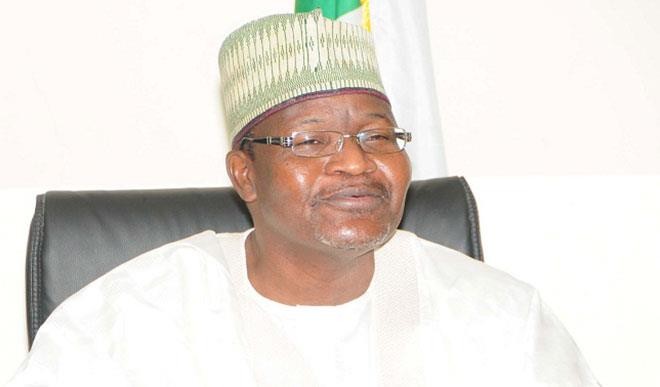NCC and affordable internet
The contribution of broadband to economic development of any nation cannot be over emphasized. A World Bank report said there would be a boost in the Gross Domestic Product (GDP) by 1.38 percentage points in developing countries for every 10 percentage point increase in broadband penetration. This is why experts say broadband is now a […]


The contribution of broadband to economic development of any nation cannot be over emphasized. A World Bank report said there would be a boost in the Gross Domestic Product (GDP) by 1.38 percentage points in developing countries for every 10 percentage point increase in broadband penetration. This is why experts say broadband is now a very good economic booster.
But Professor Tim Unwim, the former Secretary-General of the Commonwealth Telecommunications Organisation (CTO), said if the contributions of broadband to the economy must make impact, it must be accessible to all citizens.
Urwim said: "Broadband matters, but broadband for all matters more. Governments should double their efforts to take broadband to the unserved and underserved areas because of the impact this will have on the lives of the people.”
This is why the federal government, through the Nigerian Communications Commission (NCC), said it now focused more on deployment of broadband infrastructure across the country to deepen Internet and broadband access.
According to the executive vice chairman of the NCC, Professor Umar Dambatta, the commission is putting in place, a strategy towards the provision of a broadband infrastructure ecosystem in the country.
Speaking at a press conference in Kano Friday, Prof Dambatta said two of the seven Infrastructure Companies (InfraCos) to roll out metropolitan fibre across the country had already been licensed, and the rest would be licensed this year. He said the new InfraCos would be responsible for broadband infrastructure in South- West, South-South, South-East, North -West and North-East.
According to him, the commission is considering report from the committee set up to look into the licensing of the five zones, having licensed Lagos to MainOne and North -Central to IHS.
He said the NCC was currently engaging both MainOne and IHS to resolve issues hindering infrastructure rollout progress in the two zones already licensed.
Danbatta said: "The policy goals of the NCC recognise the immense socio-economic importance of ICTs to national development, and therefore, seeks to ensure that infrastructure necessary to provide ubiquitous broadband services is available and accessible to all citizens at affordable rates.
“Broadband is the next frontier in the ICT industry, which will help in the speedy transformation of the Nigerian economy.”
He disclosed that the NCC would also auction available spectrums for wireless broadband access and implement cost-based pricing model and price caps for leased transmission capacity to drive affordability.
Not only that, he said government would implement cost-based pricing model and price caps for leased transmission capacity to drive affordability and implement open non-discriminatory access to broadband infrastructure for all service providers.
He also revealed that the NCC would facilitate strategic collaboration and partnership with relevant stakeholders to foster ICT for sustainable economic development and social advancement in the country.
The NCC boss said: “Wealth creation, through the application of human knowledge and creativity, is steadily outpacing wealth creation through extraction and processing of natural resources. Knowledge has increasingly become an important means for value creation. With globalisation and the technological revolution of the last few decades, knowledge has clearly become the key driver of competitiveness, and is now profoundly reshaping the patterns of the world’s economic growth and activity.”
He maintained that “the policy goals of the Nigerian Communications Commission recognise the immense socio-economic importance of ICTs to national development, and therefore, seeks to ensure that the infrastructure necessary to provide ubiquitous broadband services is available and accessible to all citizens at affordable rates. Broadband is the next frontier in the ICT industry, which will help in the speedy transformation of the Nigerian economy.
He added: “This Strategic Vision 2015-2020 responds to this by setting out the foundations for future growth and competitiveness that will be sustainable and inclusive, and which would address our principal societal challenges as a nation.”
“The roles and contributions of broadband to an economy are numerous. Some of these are its positive impact on education delivery, health care provision, energy management, security, and information dissemination. But will most Nigerians have access to this all-important facility in their life time? “I am optimistic about this.”
